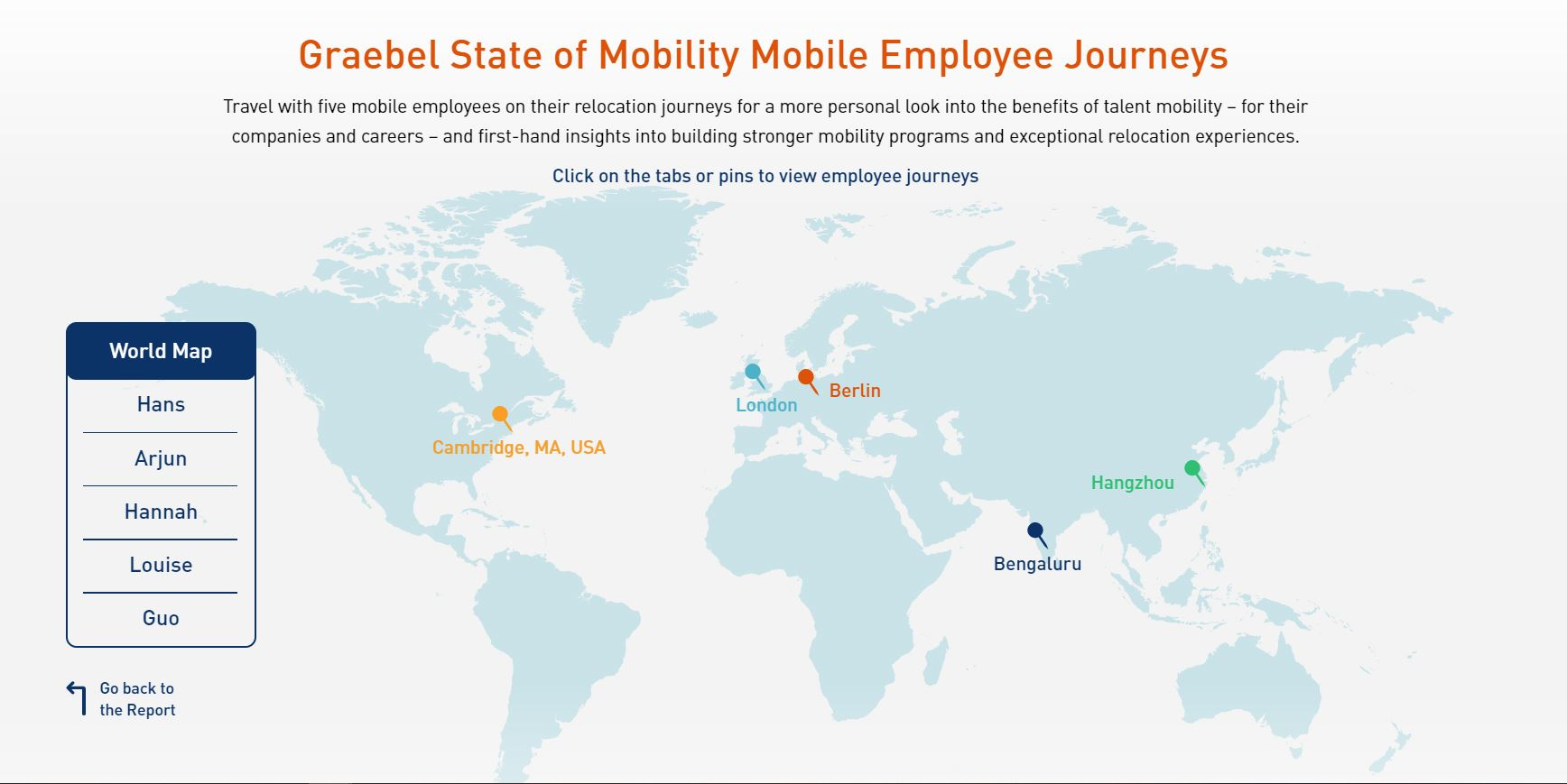In the current economic climate, businesses are continuously seeking ways to enhance their operations, optimise resources and achieve more with their available assets. One key strategy that has proven valuable for businesses looking for a leg up on their competition and who want to position themselves for success? Workforce mobility.

The value of mobility in meeting organisational goals – including in attracting, retaining and deploying top talent – is clear, based on findings in the annual State of Mobility Report. In fact, 99 percent of State of Mobility mobile employees say talent mobility benefits their company. This year’s report explores the value of talent mobility for companies and employees’ careers from the perspective of globally mobile employees in seven countries, including the UK.
According to the 100 UK employees who have relocated for corporate assignments and who were engaged in Graebel’s report, workforce mobility can strategically support enterprises’ overarching business goals, as the function’s value extends far beyond the tactical logistics of moving employees from one place to another. Key insights in Graebel’s 2023 State of Mobility Report found the enterprise benefits of talent mobility include:
- Gaining a Competitive Edge: 78 per cent of mobile employees based in the UK agree that talent mobility gives their company a distinct advantage over organisations that don’t relocate employees. How? Mobile employees cited reduced time required to establish operations in a new market and the ability to attract more and better talent due to potential for relocation.
- Benefitting the Bottom Line: 100 per cent of UK mobile employees acknowledge that talent mobility provides valuable benefits for employers, such as developing relationships with colleagues in other places that make global teams more cohesive, developing employees who are better prepared to help the company grow and ensuring employees have broader knowledge of markets where the company does business.
- Providing Functional Value: UK mobile employees agree, talent mobility supports various business goals, such as bringing specialised talent to where it’s needed most, selecting diverse and qualified candidates across locations and ensuring a globally and locally maintained company culture.
- Building Employee Loyalty: A significant 88 per cent of UK mobile employees agree that their company’s investment in relocation makes them more loyal. Demonstrating a commitment to supporting employees’ personal and professional development can help foster a positive work culture and in turn can attract top talent and create a reputation as an employer of choice in the industry.
As companies in the UK strive to gain every possible business and talent advantage, global mobility can be a powerful part of their strategy. Graebel’s report reinforces that talent mobility is far more than just a logistical process — it’s a strategic investment in a company’s long-term success and is in the best interest of companies’ bottom lines and overall business objectives.
*Graebel 2023 State of Mobility Report









